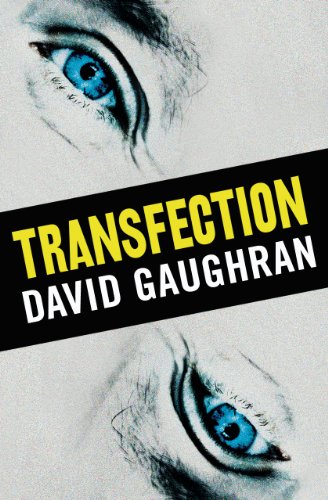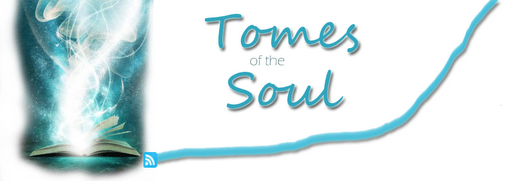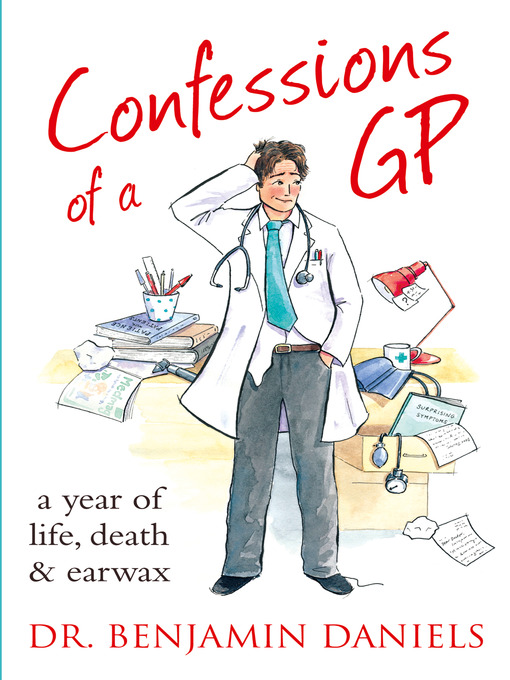When GM food is linked to animal cancer, scientists start racing to find the reason. Dr Peters discovers the cause of the cancer and an even more shocking truth.

Transfection for me was a let down – the cover was perfect, the blurb intriguing and concept exciting but the execution – just didn't live up to the promise. Transfection is a short story of only 5,700 words, I have nothing against short stories but hold them to the same standards as a full novel, and that was where Transfection failed for me. The whole book reads like a proposal for a novel, it is very descriptive, as if you are being told the story rather than reading it. In addition the story seems to jump in time at several points with little signposting which made the book feel disjointed and even more of a ‘proposal’. The characterisation was good, especially considering the length of the book, although at times Dr Peters’ character undergoes quite dramatic shifts that are not fully explained or explored, although perhaps this is due to the length of the book.
Overall, the premise was excellent and had the promise to be an excellent example of the medical thriller genre and I hope Gaughran continues to come up with such interesting plots. However, the execution was sub-standard, and the book felt more like reading a proposal for a new novel, rather than a stand-alone story its self. There was too much ‘tell’ on the part of the author and at times the story jumps around which disrupts the flow although it does mean that the story is pacey. This story could have easily been much longer, and it was ambitious for Gaughran to attempt to fit such a full plot into such a small number of pages.
Transfection is on sale at
Amazon UK
for 70p and at
Amazon US
for $1.12, it is also available from
Smashwords priced 99c . On
his blog the author talks about a bundle release of 5 books for $2.99, so watch this space.
[A review copy was provided by the author]




